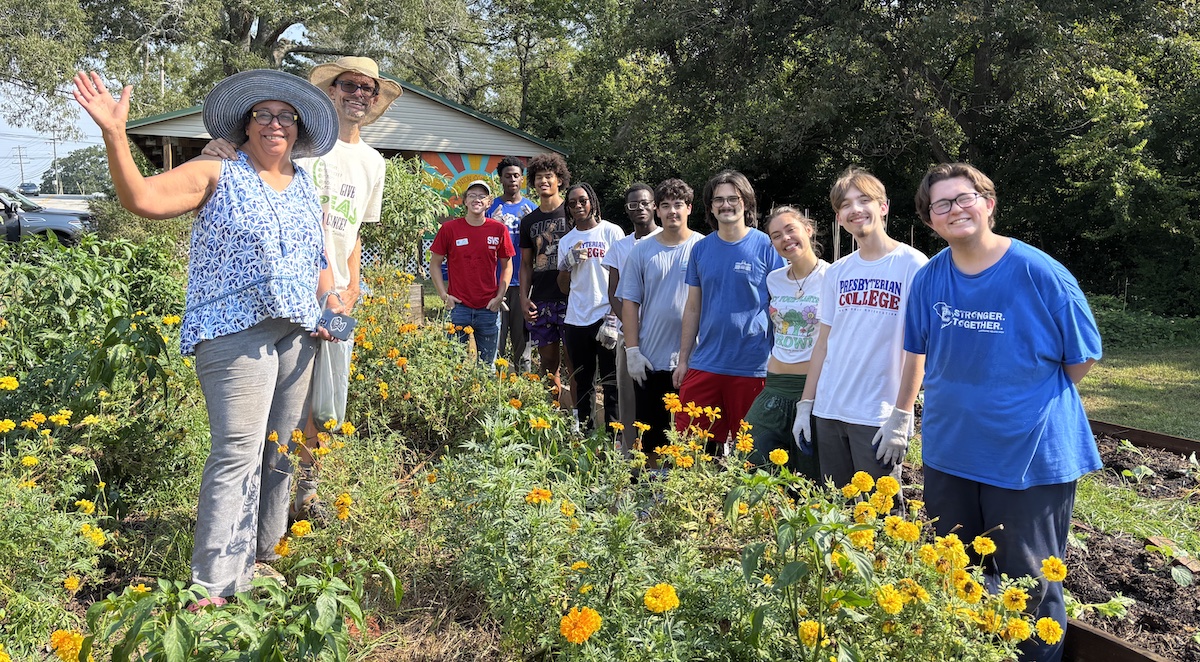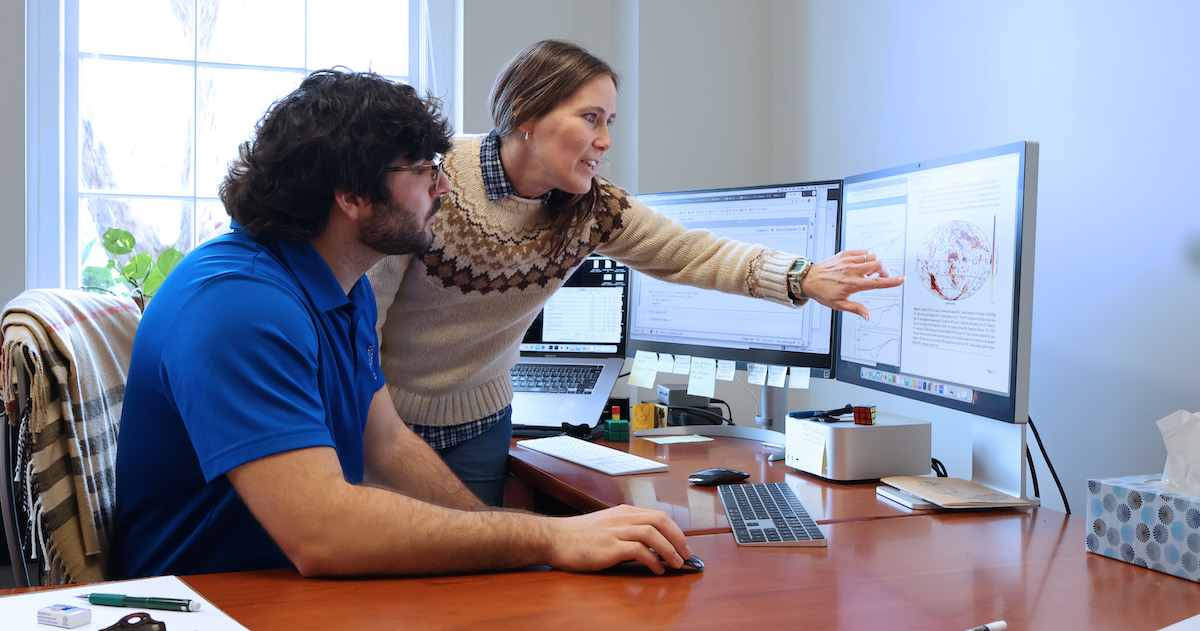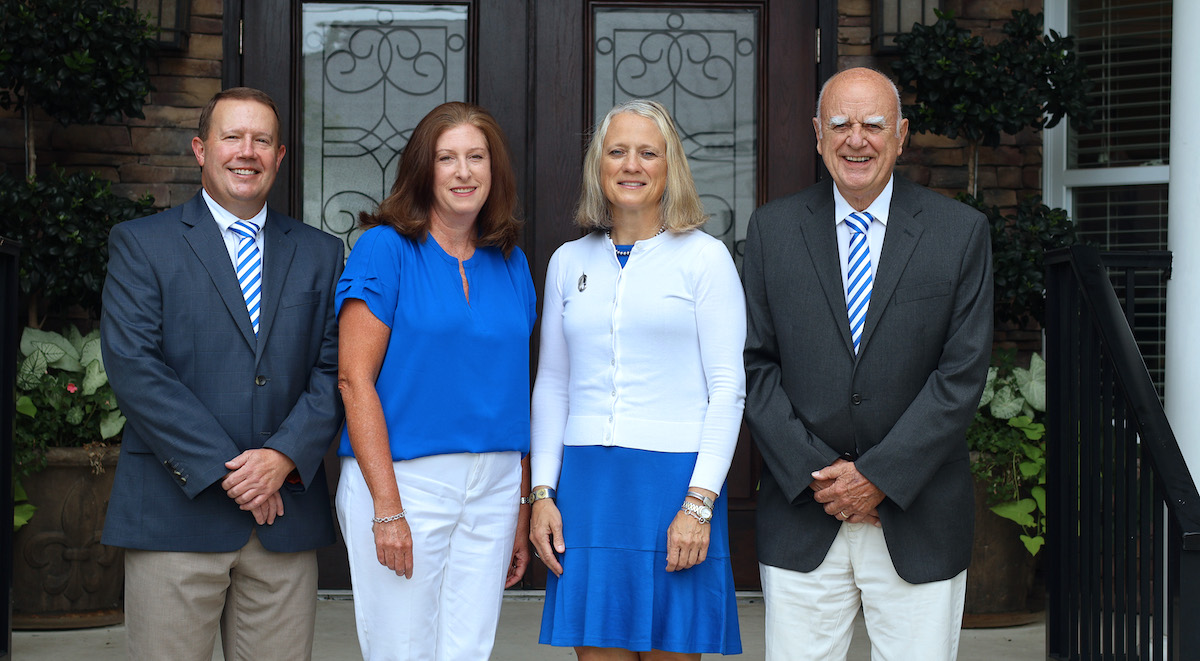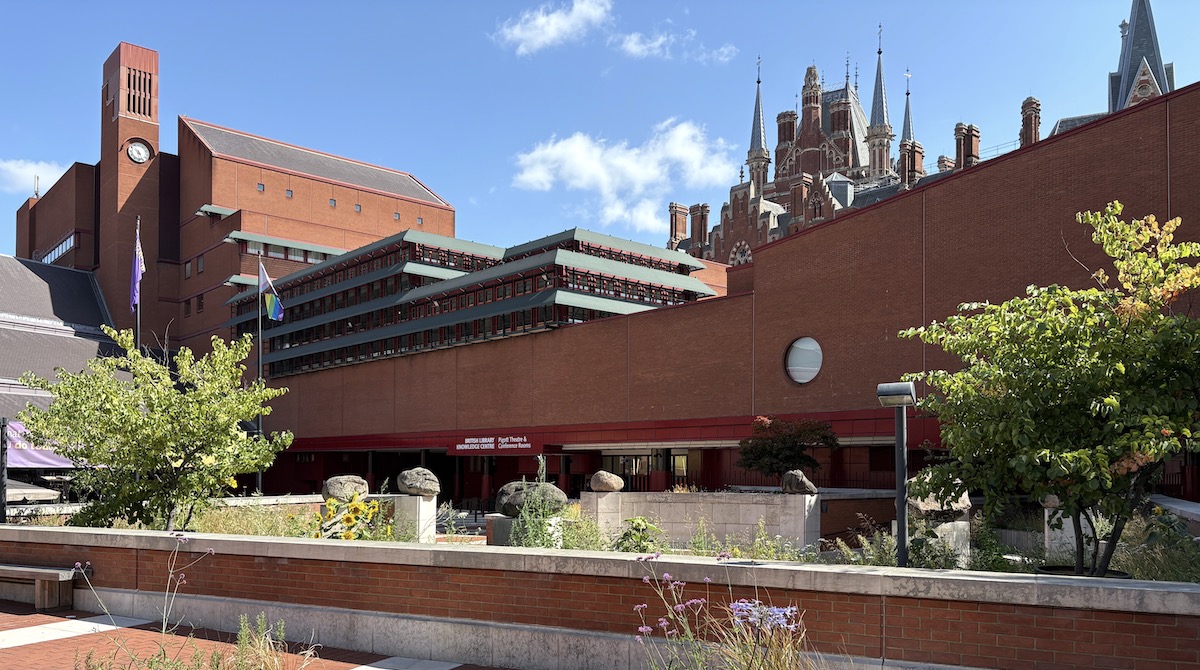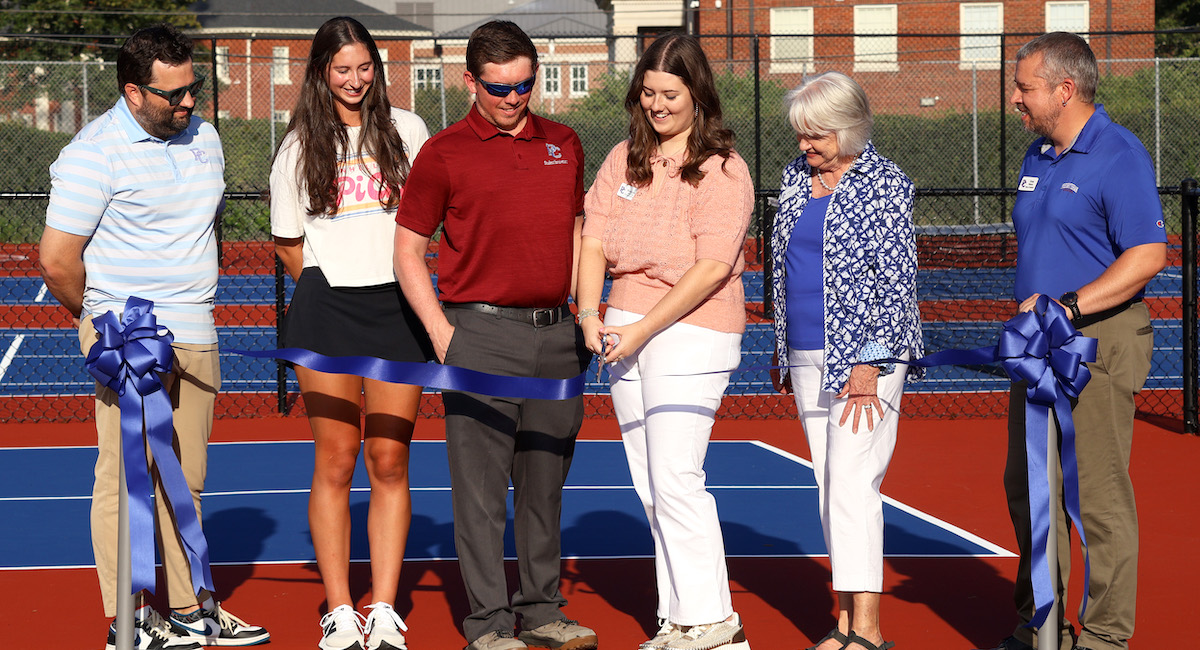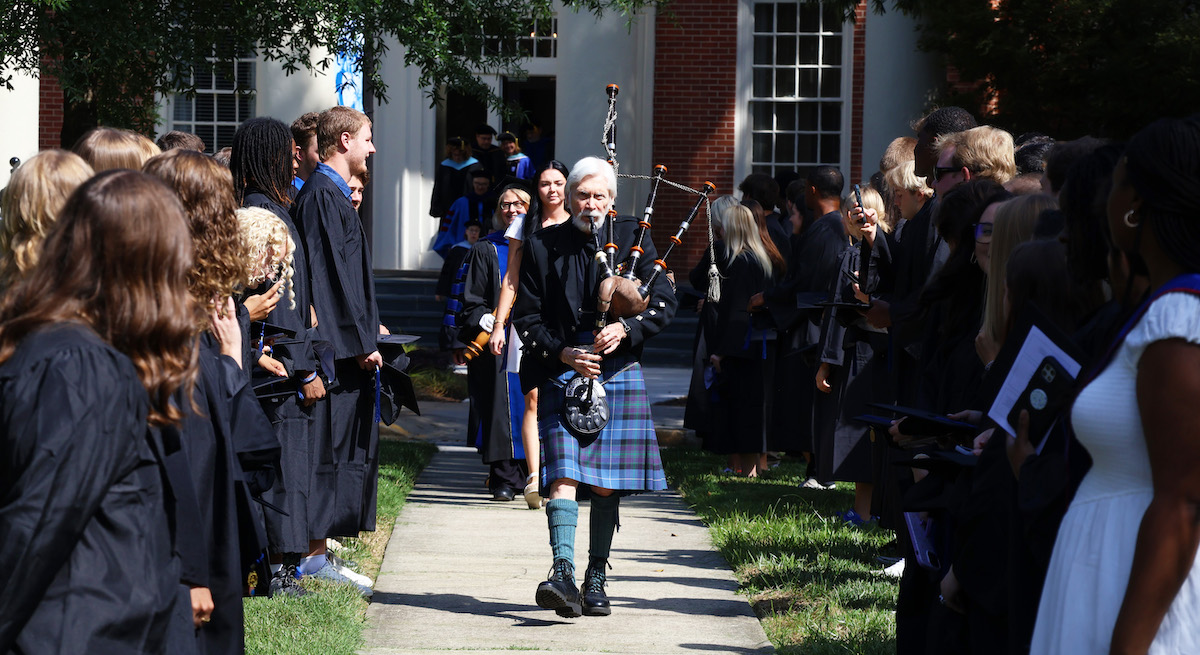Sophie Moore’s path to becoming a physician assistant (PA) didn’t begin by opening a textbook. It started with her mother.
For more than 17 years, Moore’s mother has been battling stage 4 breast cancer.
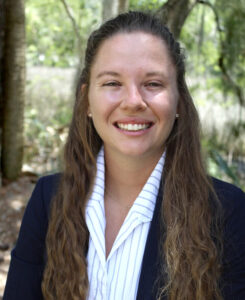
As her medical journey unfolded, Moore came to deeply appreciate her mother’s PA. She felt inspired by the PA’s phenomenal care and the special connections she built with family members to help ensure they are heard and informed as they experience the unthinkable.
“She drove me into the profession,” says Moore of the PA. “I knew I wanted to work on a team in healthcare. I wanted to be the captain, but still wanted to be given guidance as well as a person to lean on to deliver the best care possible.”
Moore laid the foundation for a medical career as an undergraduate, majoring in biology with a minor in psychology. She completed a research project that focused on comparing two different robotics in orthopedic surgery, shadowing surgeries that used one of these robots, the MAKO by Stryker.
“During my clinical rotations, I actually got to assist in over 50 orthopedic surgery cases that used the robot I did research on and control it myself in the surgical case,” says Moore. “This was an incredible full circle moment. These technological advancements in medicine will aid in phenomenal outcomes for patients in the future.”
As a result of her research project, Moore was awarded the 2021 Most Outstanding Biology Major and felt even more compelled to enter the field of medicine. She chose Presbyterian College for graduate school because it matched everything she was looking for in a PA program: academic rigor, small class sizes, engaged faculty and a small campus close to family.
“PC has a phenomenal PA program, and I can’t say enough about the welcoming, positive environment here,” says Moore. “The class size is small and your peers and professors become like family and lifelong colleagues and mentors. Our professors pour so much passion and confidence into us as future professionals and we have such an advantage with a small class size. They work extremely hard to cater to our elective rotation choices, putting us in positions that we request and work best for us during clinical rotations.”
Following her graduation in September 2024, Moore aims to work in sports medicine for college and professional athletics.
“I am unbelievably happy with where I am in my education and look forward to the success ahead from the confidence and guidance that the program has instilled in me.”

